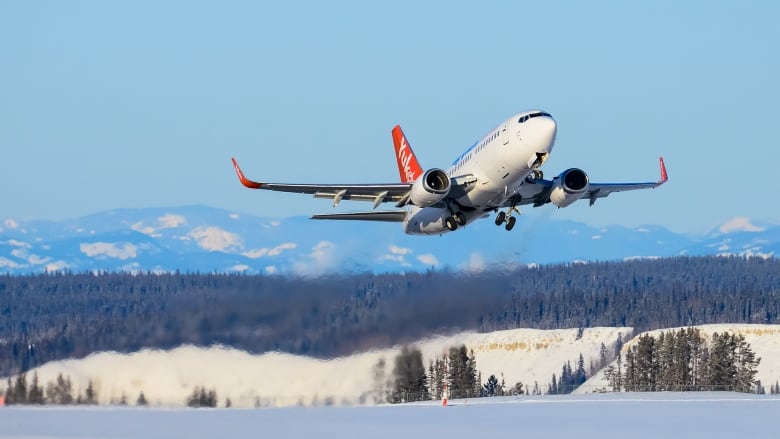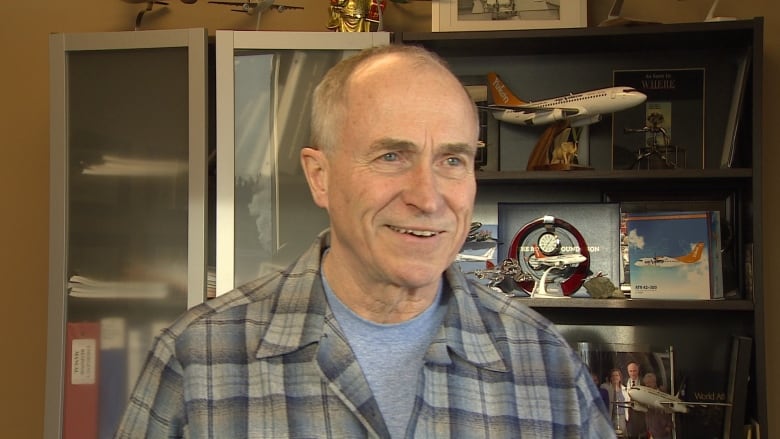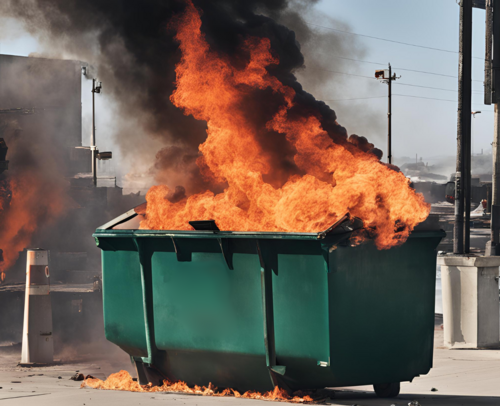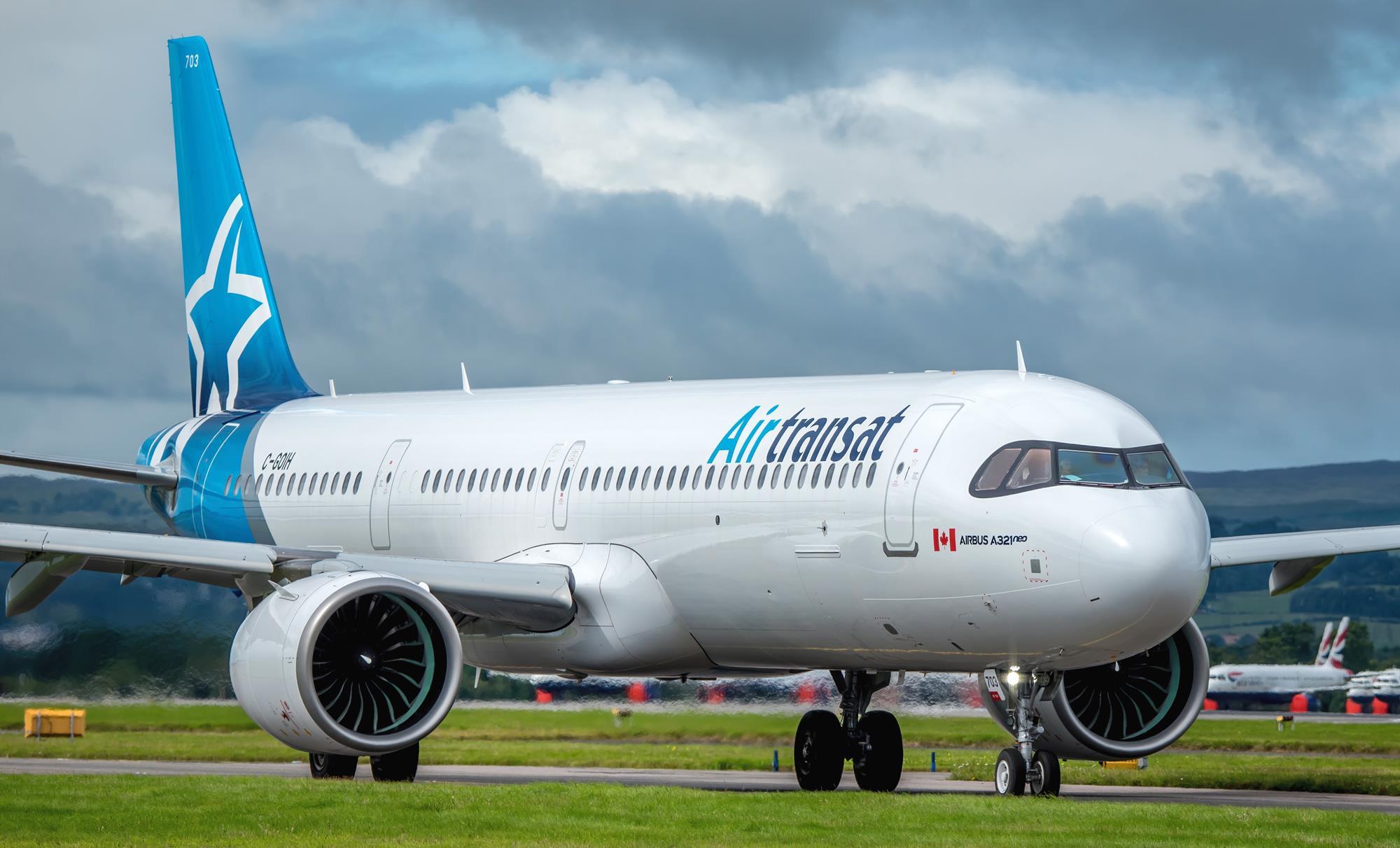
News provided by CBC News – link to full story and updates
Upgrading to newer jets, filling more seats will improve fuel efficiency, says airline president
CBC News · Posted: Feb 03, 2020

The president of Air North says the airline is looking to upgrade its fleet and make flying more efficient.
“In our view, you know, we can cut the fuel consumed per passenger by about 50 per cent,” said Joe Sparling.
“Our goal is to do that within three years — it’s a pretty neat target, and it’s an easily quantifiable one.”
Sparling says the idea is to upgrade the company’s fleet of Boeing 737 jets. Right now, the company has four 737-500s and one 737-400 in its fleet.
The newest generation of jets are more fuel-efficient, Sparling says. Newer aircraft could save up to 3.7 million litres of fuel per year, per aircraft.
In a letter to company shareholders this month Sparling called upgrading the fleet a “major undertaking, possibly the biggest in our 43-year history.”

At the same time, Sparling is counting on a growing market to fill more seats.
“A full aircraft is the most efficient way to fly,” Sparling’s letter states.
“We could decrease the fuel consumption by 27 per cent per passenger on our 737-500s if we filled every seat.”
Sparling said the Yukon-based company is also looking for other ways to reduce its environmental footprint, by reviewing its baggage policy, on-board products, and the heating of its facilities.
Sparling compares scheduled flight service in the North to a power grid.
“Everyone uses it, and it’s an essential service in the North,” he told CBC.
“When you read about, you know in the environmental context, the notion of ‘flight shaming,’ you know, encouraging people to stay home — it’s a little tougher to do that in the North.”
With files from Leonard Linklater



